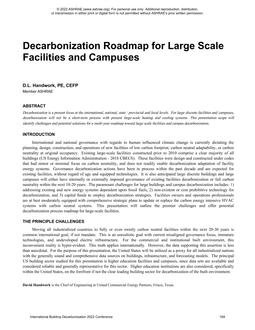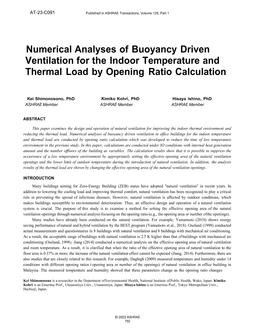
Design and Assessment of a Grid-Connected Smart Building System: an Effort to Save Energy and Cost
Click here to purchase
The present paper introduces a practical smart energy system centered around low-temperature heating and high-temperature cooling supplies for reduced input energy use and higher penetration of renewable sources. A low-temperature geothermal heat source drives the proposed system to supply the heating, cooling, and electricity demands of a residential building apartment in the Scandinavian climate. The system comprises a reversible heat pump, steam turbine, condenser, hot water tank, and heat exchangers. A rule-based control model with several controllers and smart valves is applied to mitigate the energy cost and shave the peak demand via bio-directional interaction with the electricity and heating networks. The parametric investigation and time-dependent simulation are carried out in TRNSYS software to assess the practicality of the suggested model. According to the results, the sizing selection through parametric optimization is highly important due to the conflictive variation of techno-economic indicators. As obtained by the parametric results, while a better performance condition is obtained by increasing the isentropic efficiency of the turbine, the cost saving will reduce, which is unfavorable. Moreover, the results show that the proposed smart system can autonomously provide the building’s demands for most of the year thanks to the rule-based control strategy. Finally, the transient results reveal that the proposed smart system is more dependent on the energy network in cold seasons due to the increased heating needs in Sweden.
Product Details
- Published:
- 2023
- Number of Pages:
- 8
- Units of Measure:
- Dual
- File Size:
- 1 file , 3.5 MB
- Product Code(s):
- D-CCC23-07
- Note:
- This product is unavailable in Russia, Belarus

